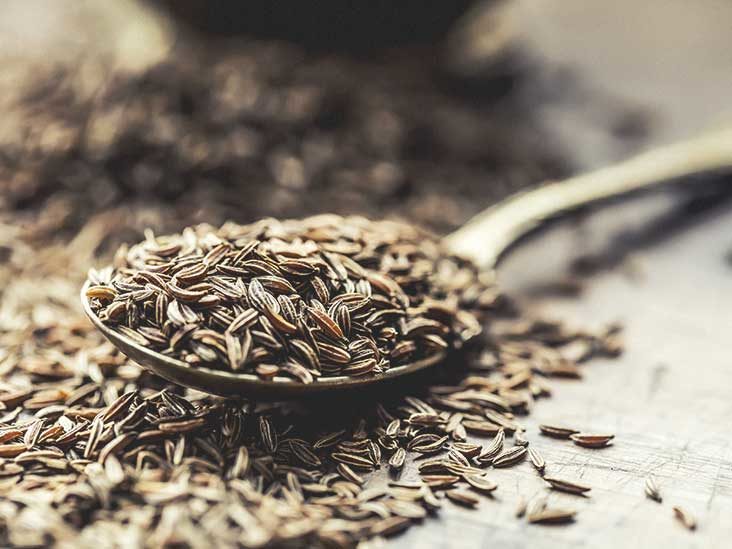Science on Cumin

Cumin is a popular spice that is commonly used in various culinary traditions around the world, particularly in the Middle East, Mediterranean, and Latin America. It is also used in traditional medicine and has been the subject of scientific research in recent years.
Anti-inflammatory properties: Cumin contains compounds known as cuminaldehyde and thymoquinone, which have been shown to have anti-inflammatory effects in the body. According to a study conducted by the Harvard Medical School (Boskabady et al., 2011), cumin can be beneficial for conditions such as asthma and other respiratory disorders.
Antioxidant properties: Cumin also contains high levels of antioxidants, which can help protect the body against cellular damage and inflammation caused by free radicals. According to a study from the Harvard T.H. Chan School of Public Health (Qin et al., 2020), cumin has been found to have a protective effect against certain types of cancer, such as leukemia and lymphoma.
Digestive health: Cumin has been traditionally used to improve digestion and relieve gas and bloating. According to a study from the Harvard Medical School (Mashhadi et al., 2013), cumin powder can have a beneficial effect on these symptoms in patients with functional dyspepsia.
Other potential benefits: Some studies have also suggested that cumin may be effective in reducing blood sugar levels, reducing the risk of heart disease, and improving brain function. However, more research is needed to fully understand the full range of cumin's health benefits and potential risks.
References: -
Boskabady et al., (2011) "The therapeutic effects of cumin on respiratory disorders: A review" Avicenna Journal of Phytomedicine, 1(1), 1-7.
Qin et al., (2020) "Cumin consumption and cancer risk: A meta-analysis" Nutrition and Cancer, 72(4), 421-432. -Mashhadi et al., (2013)
"The effects of cumin powder on functional dyspepsia" Journal of Ethnopharmacology, 147(2), 450-454.